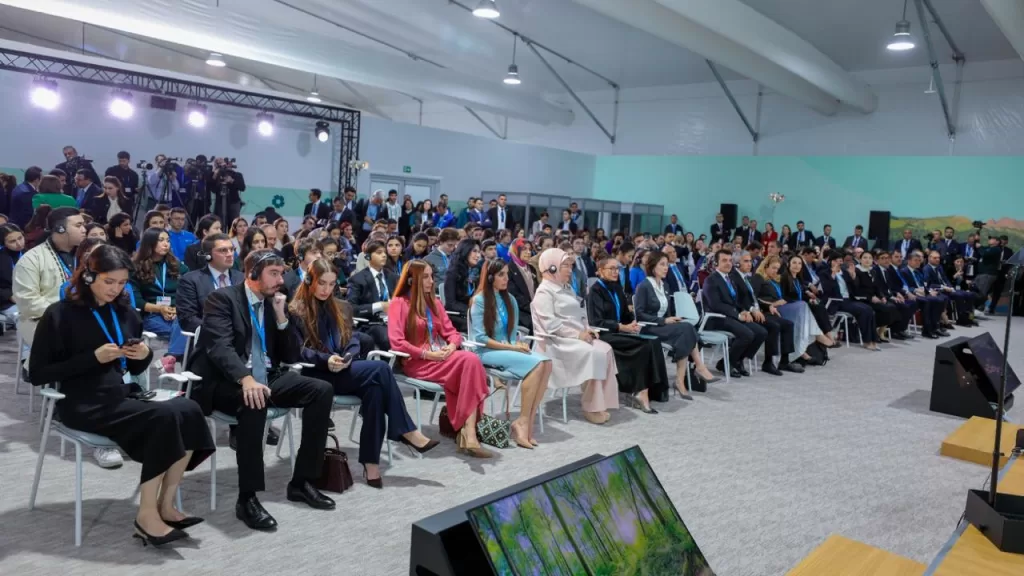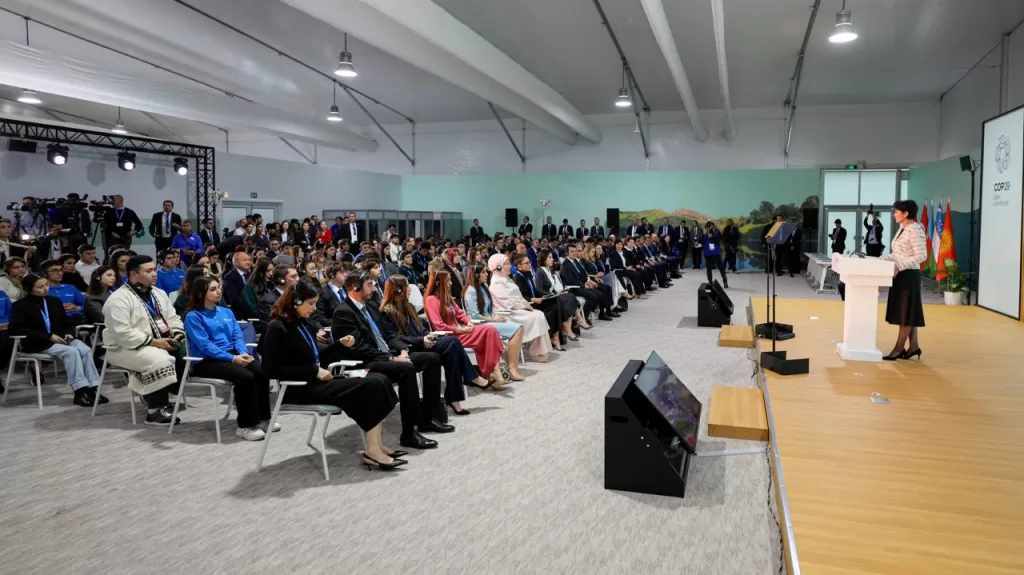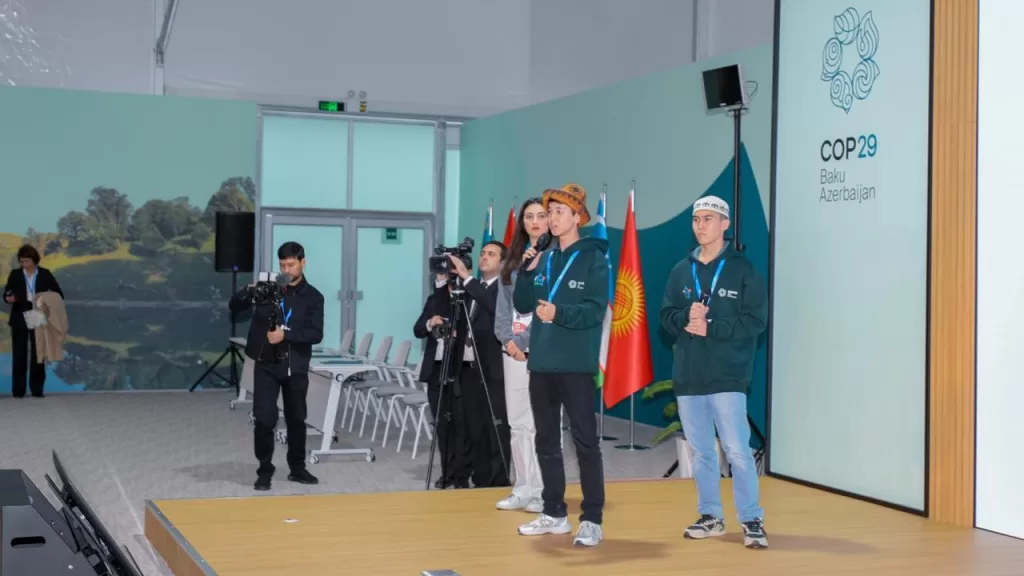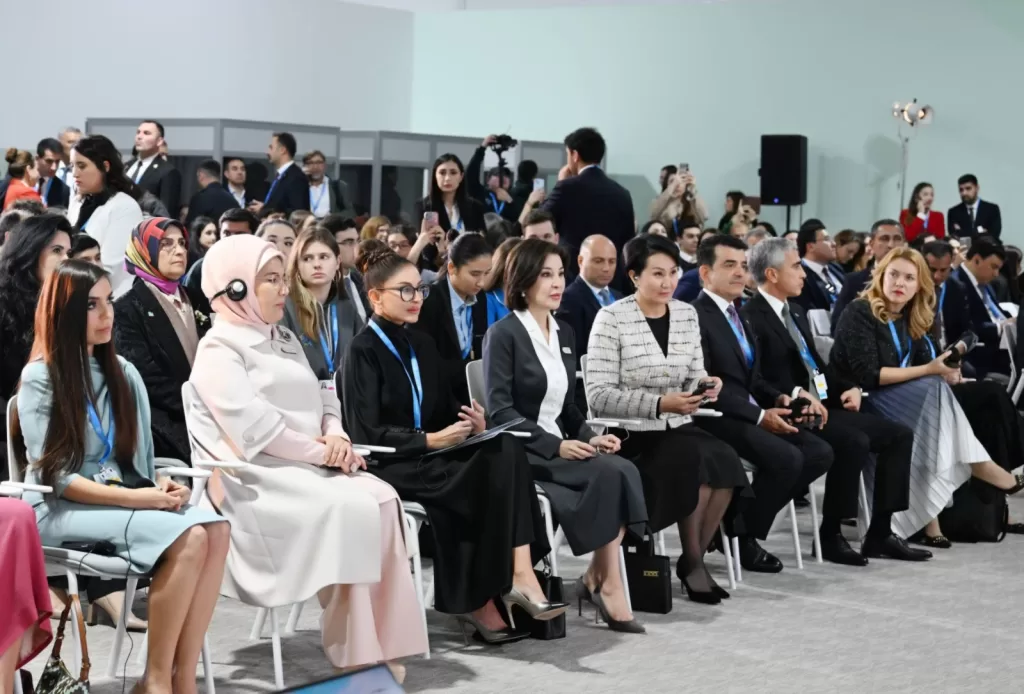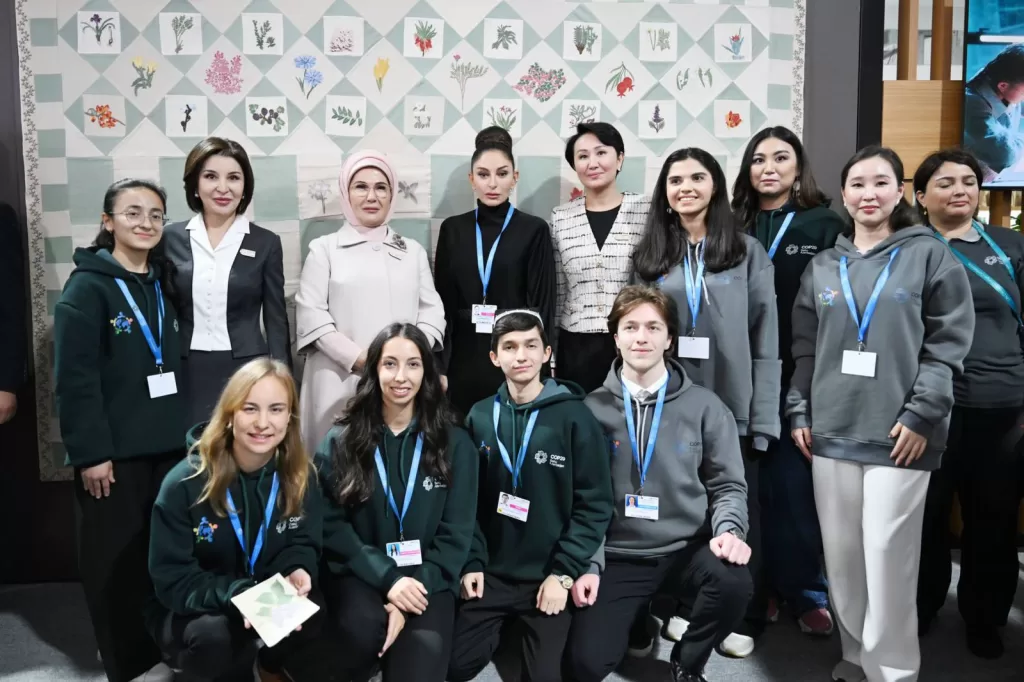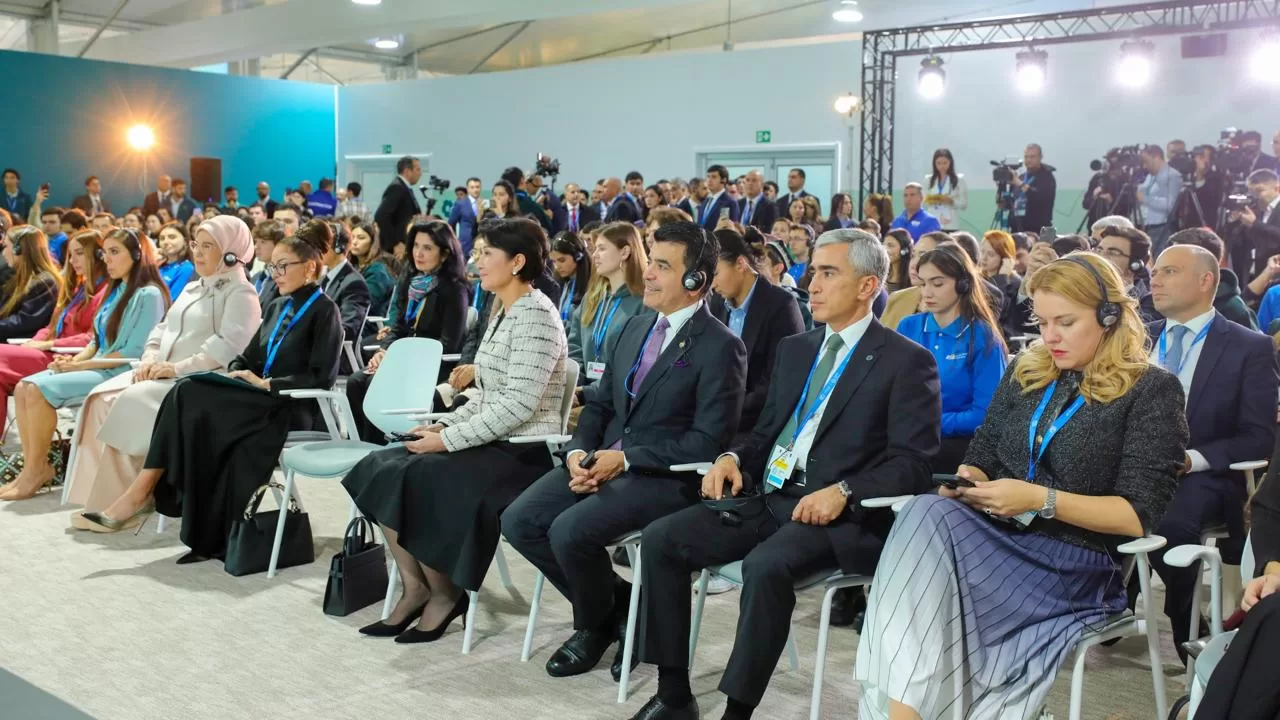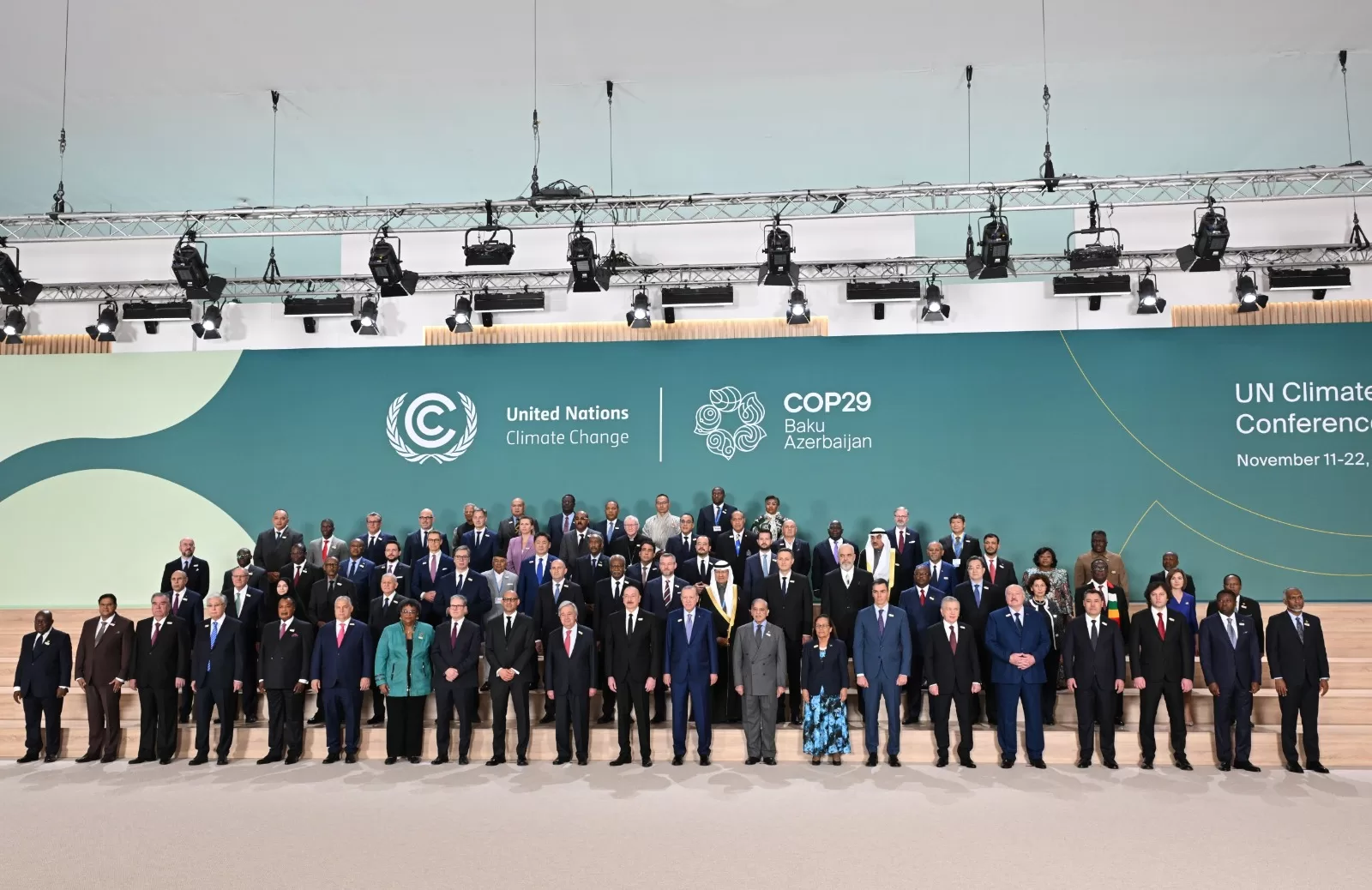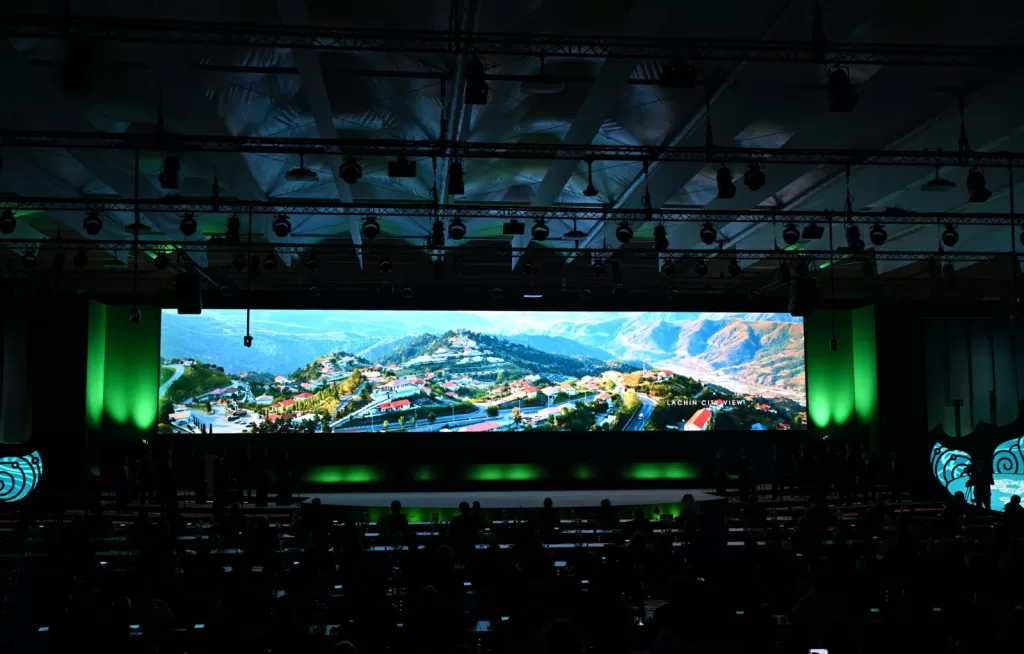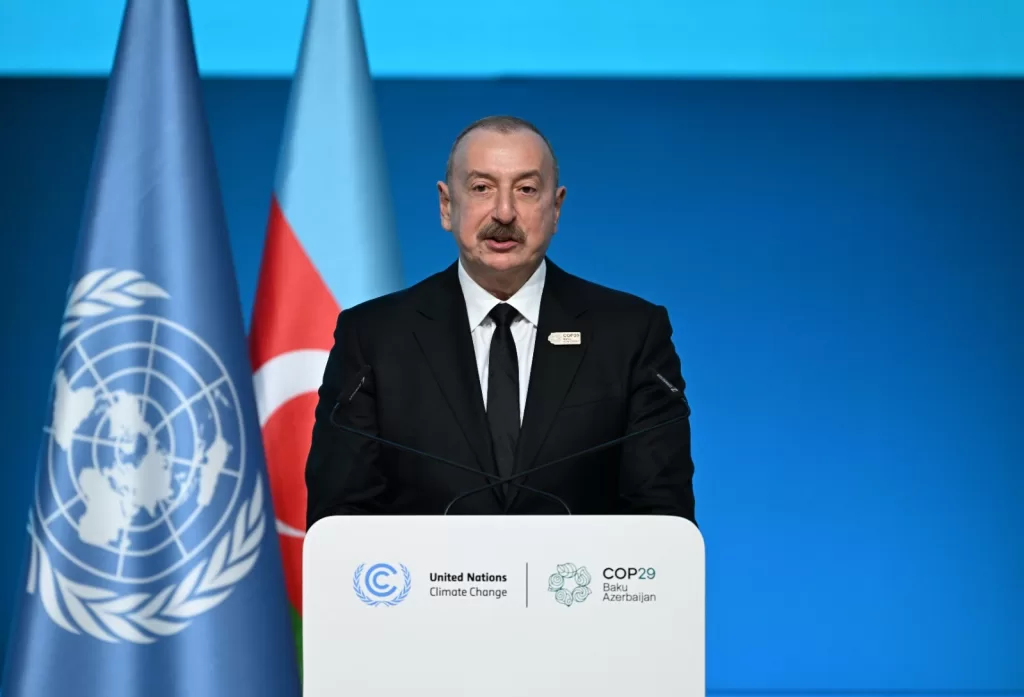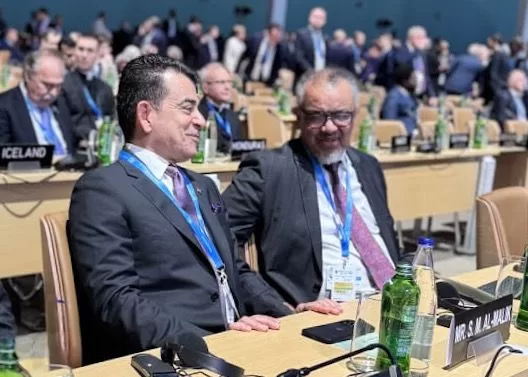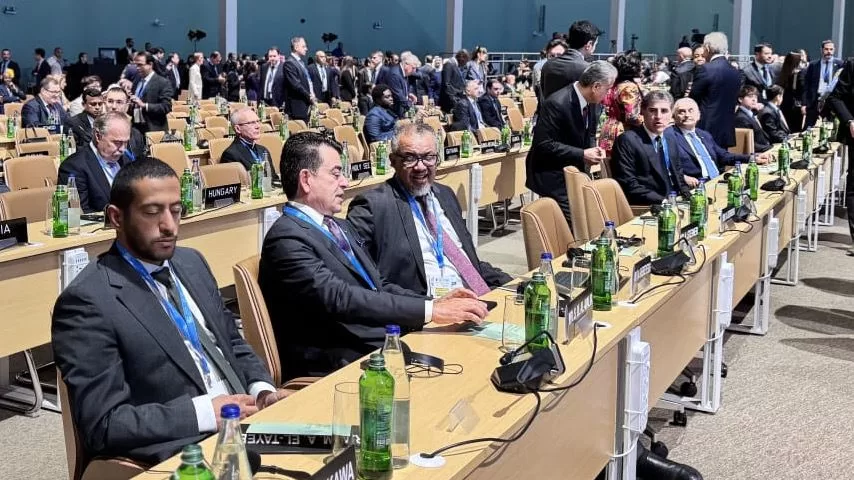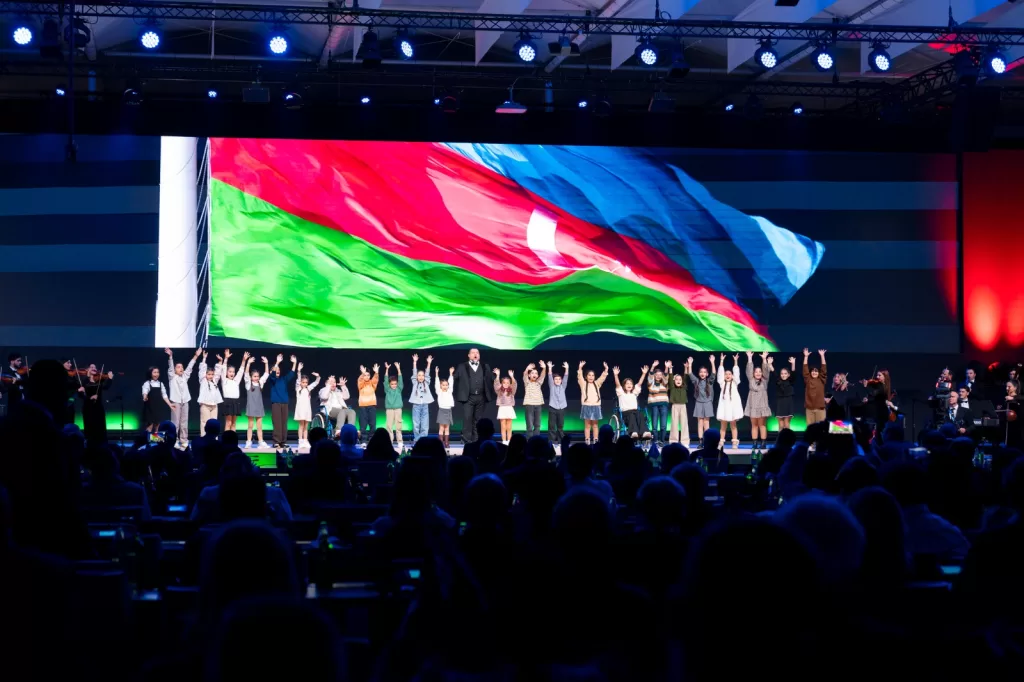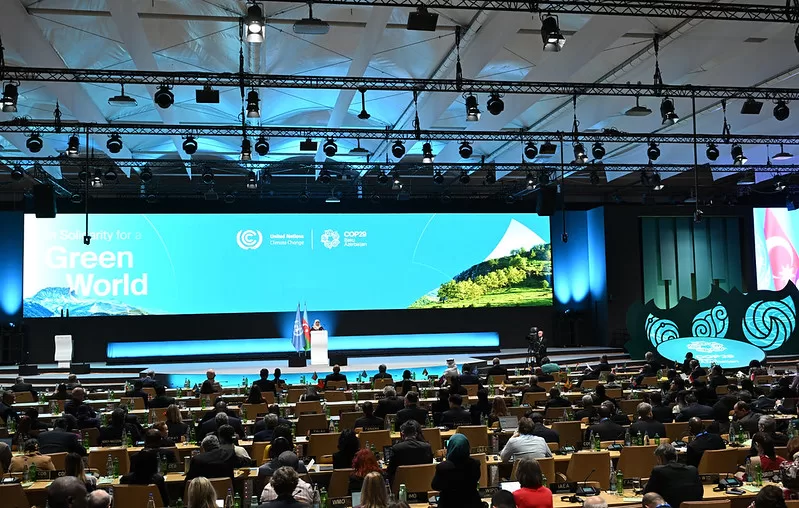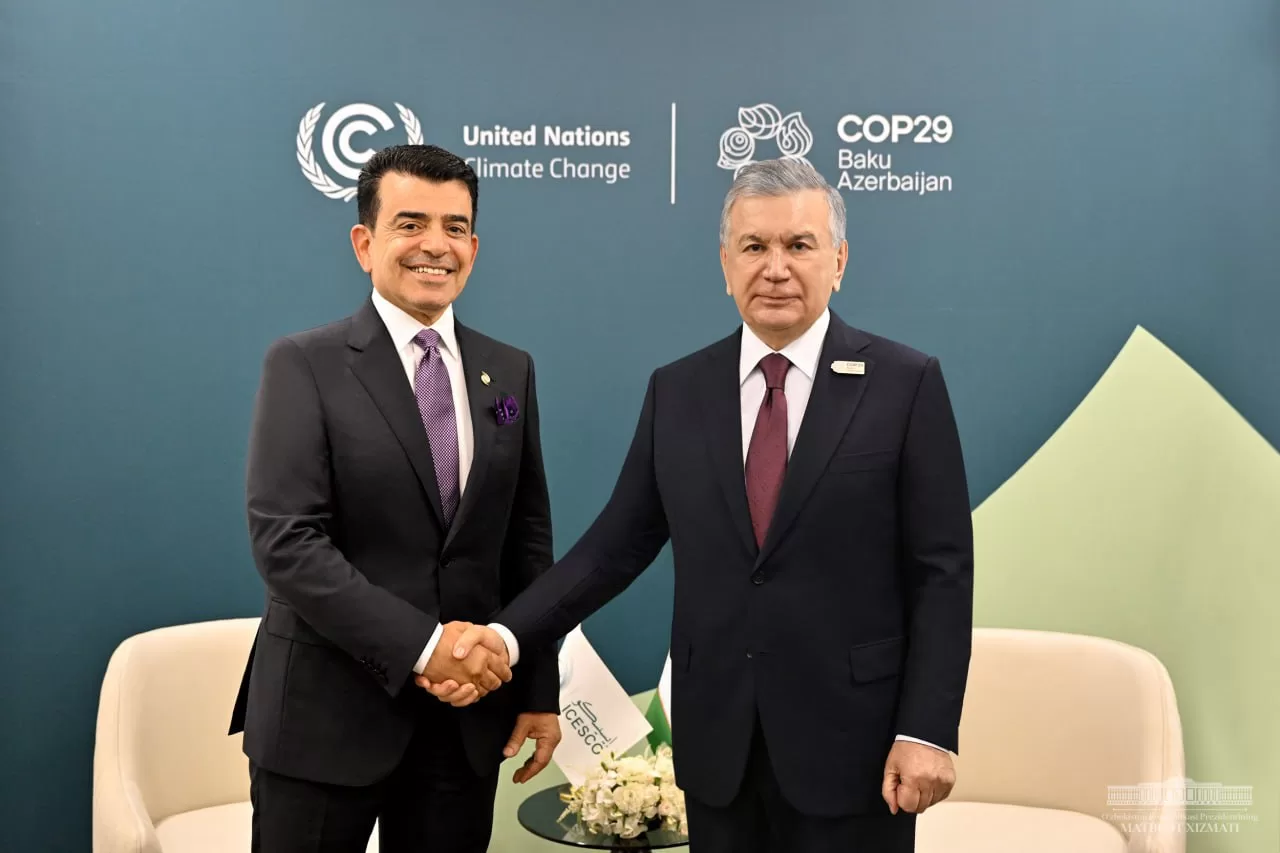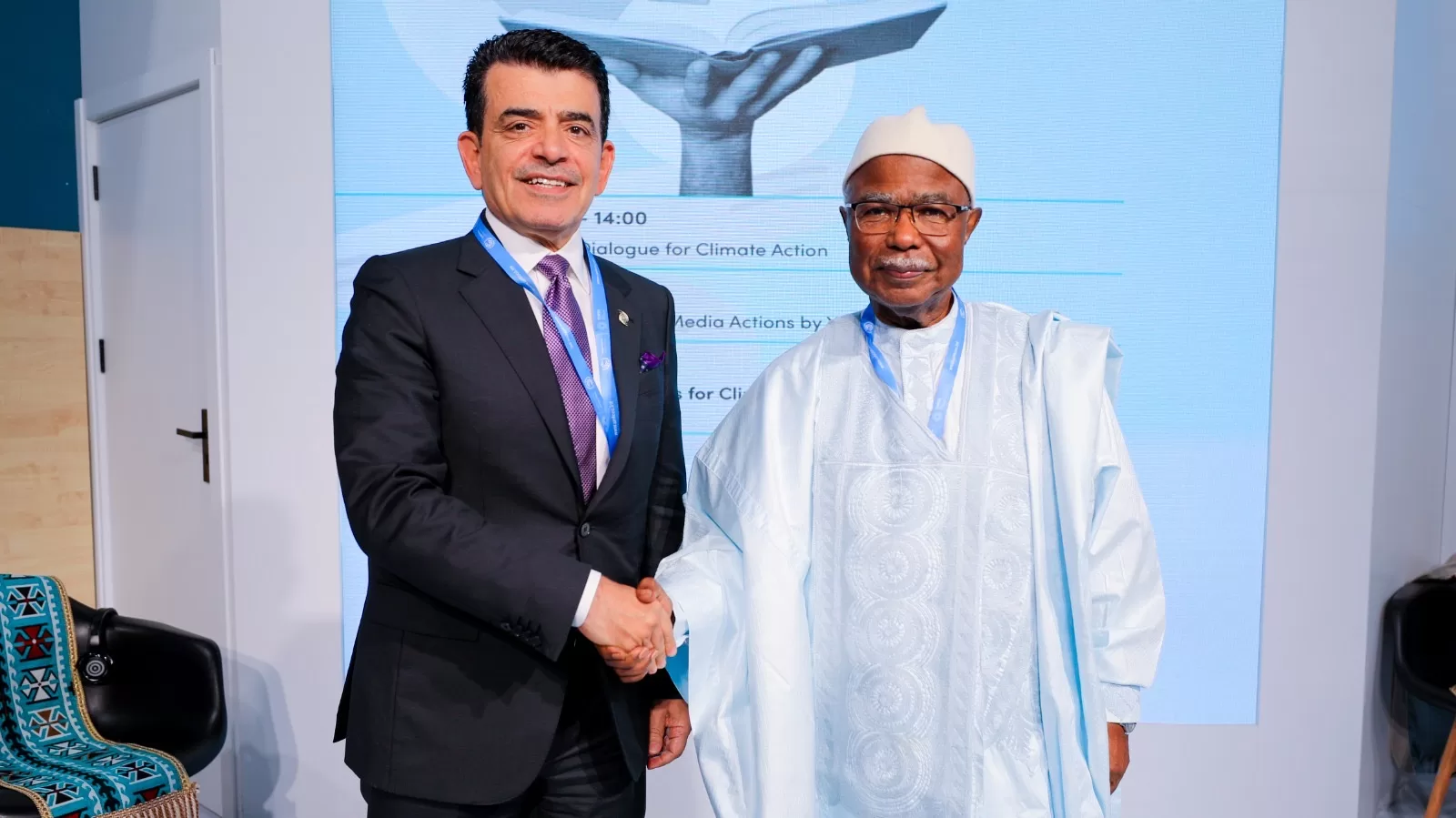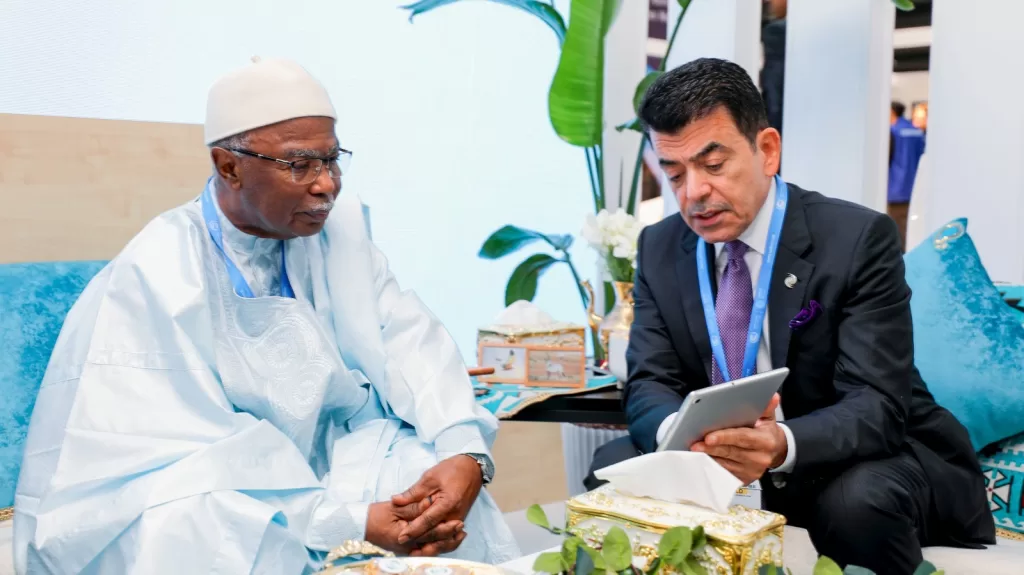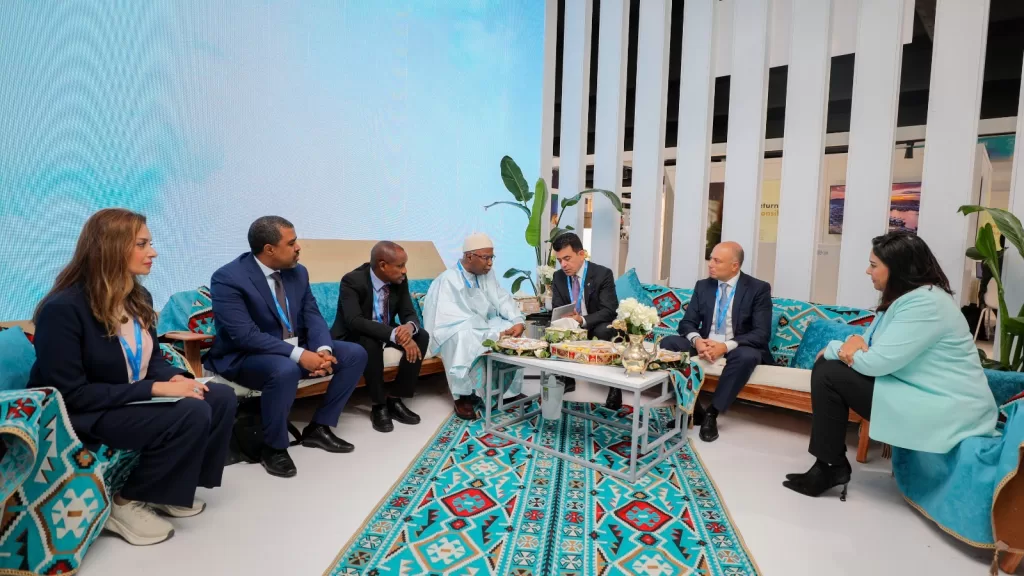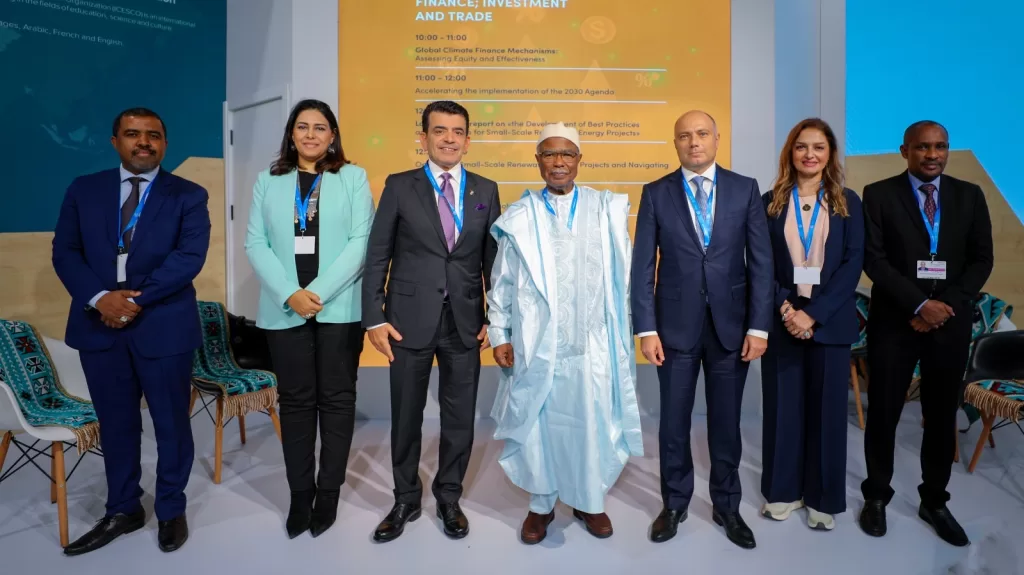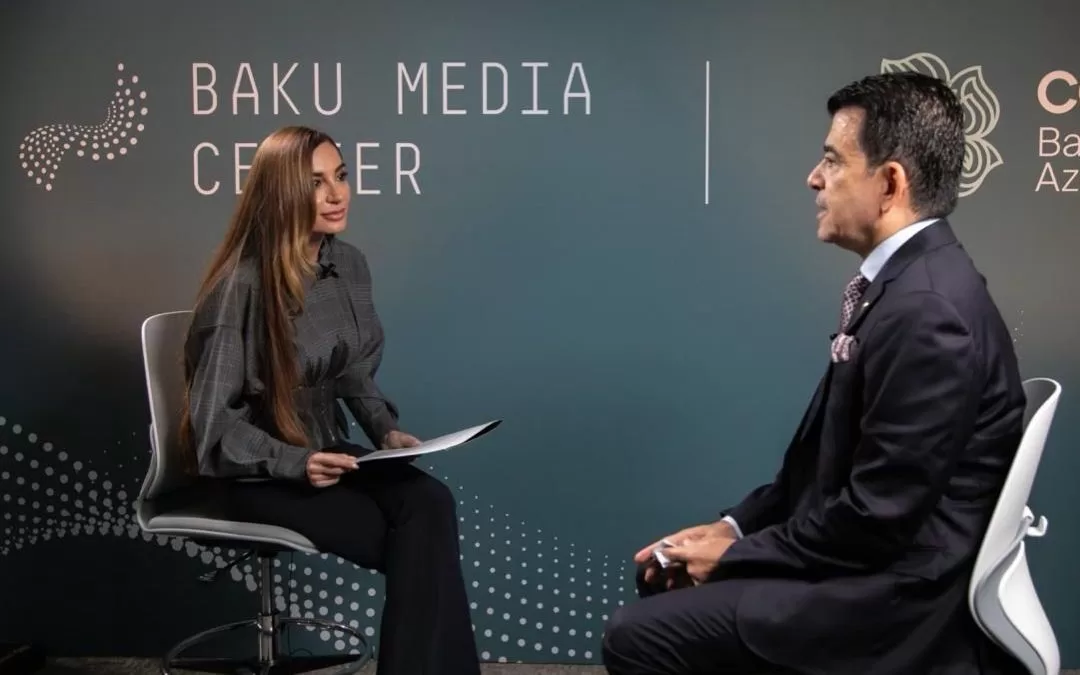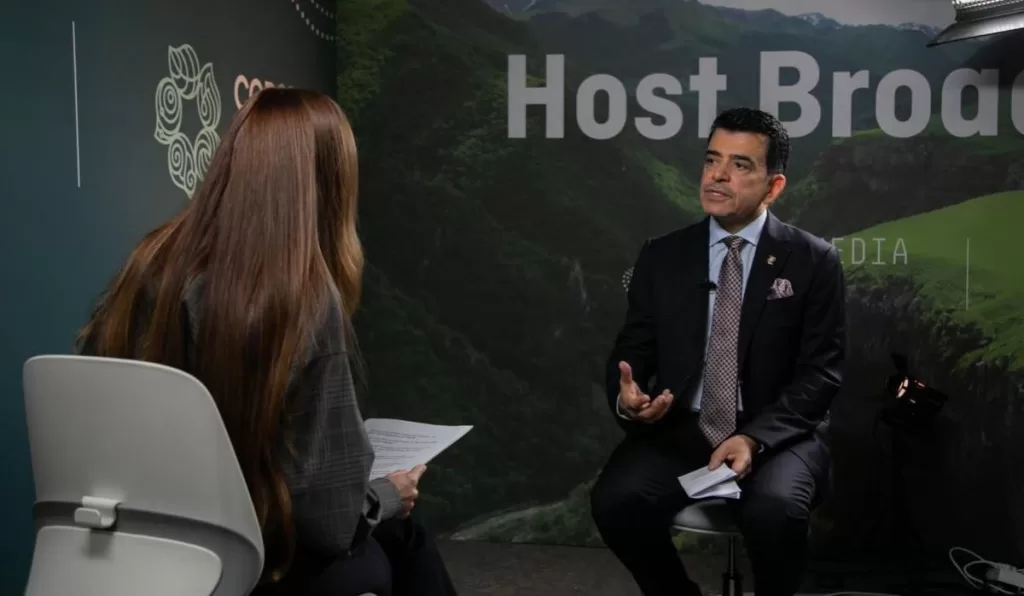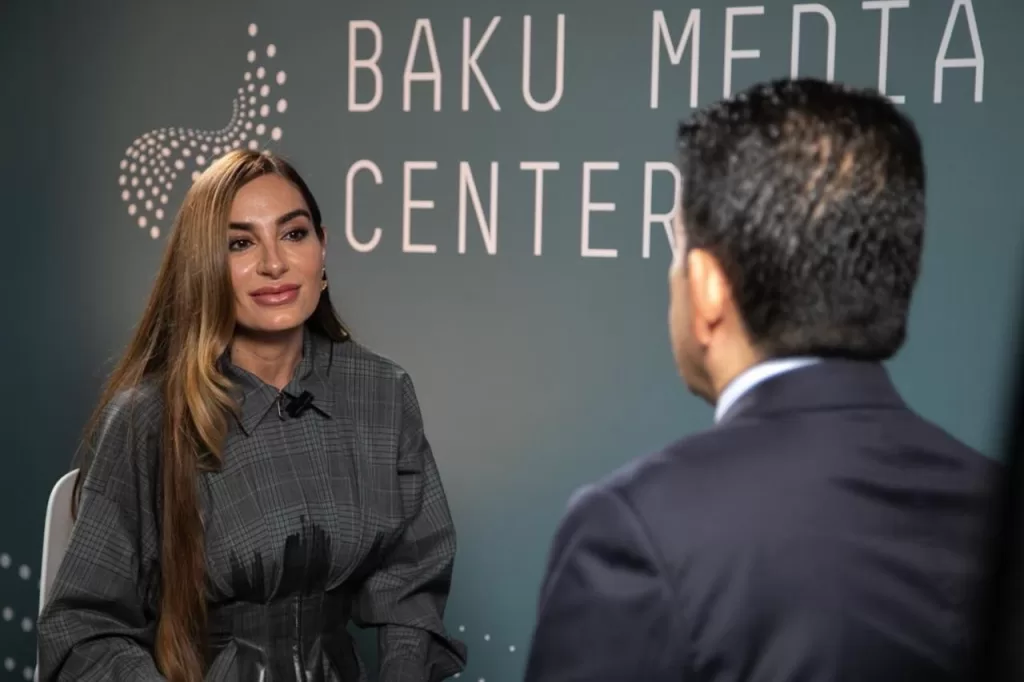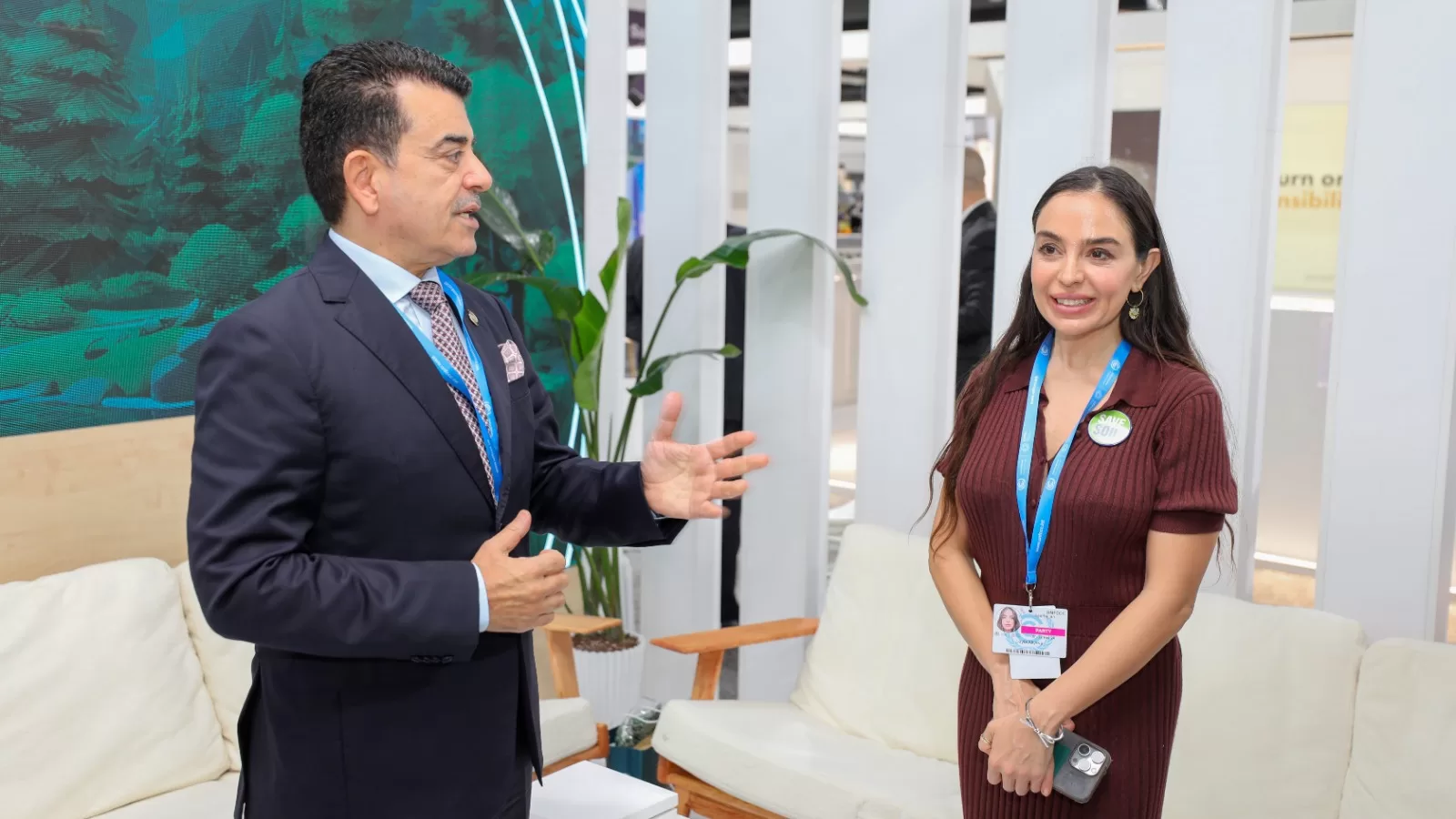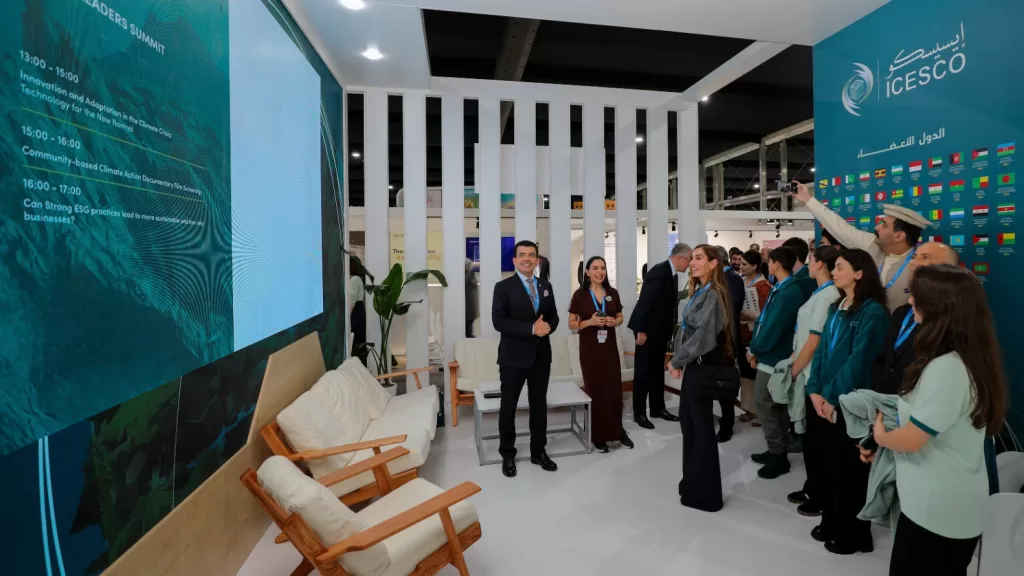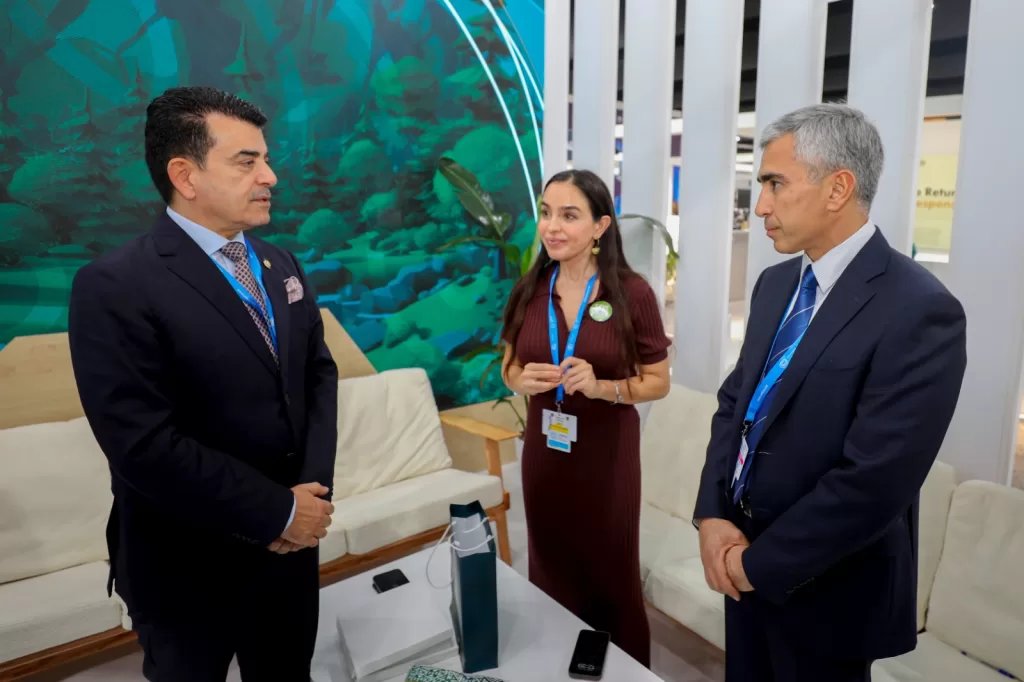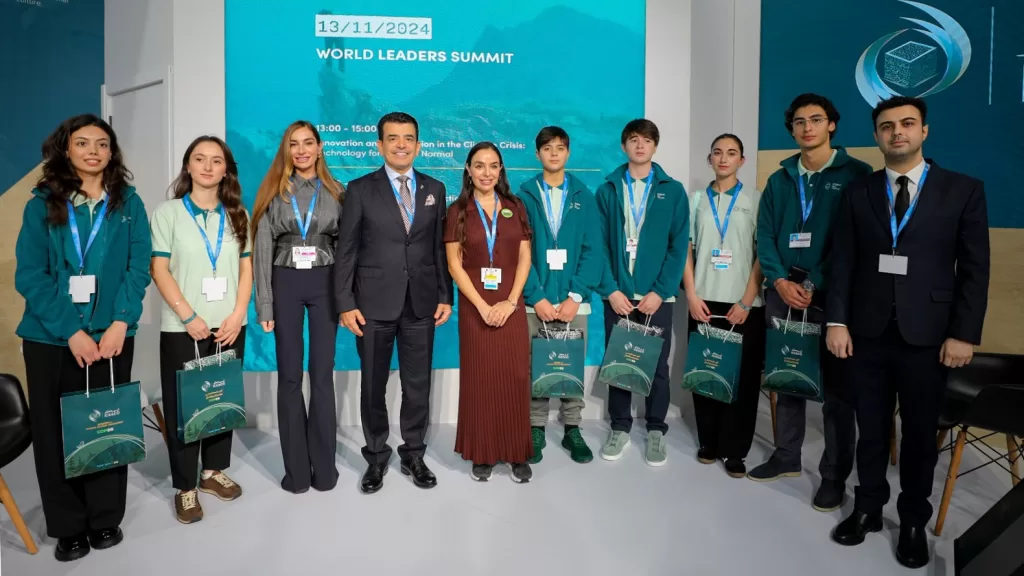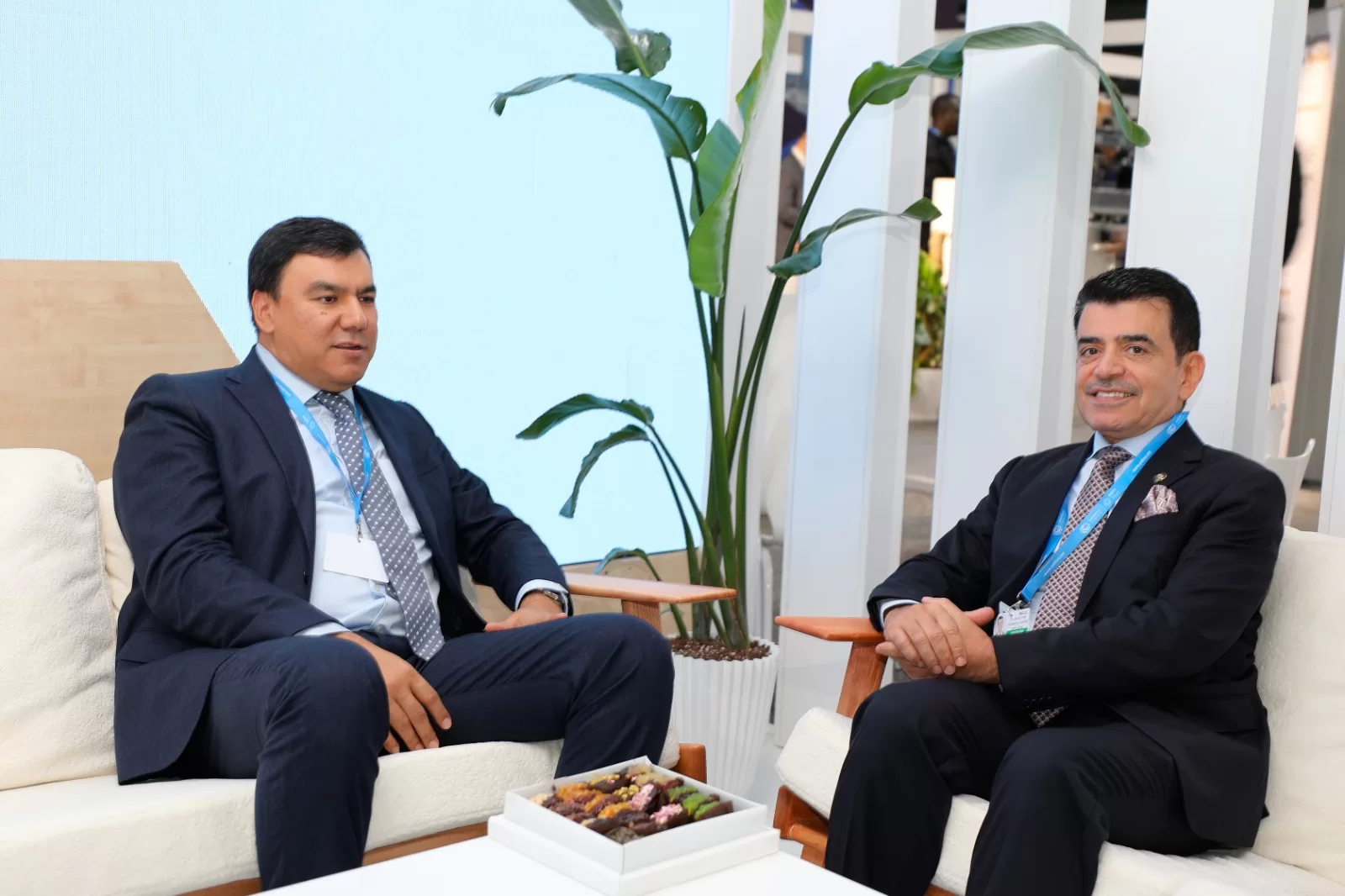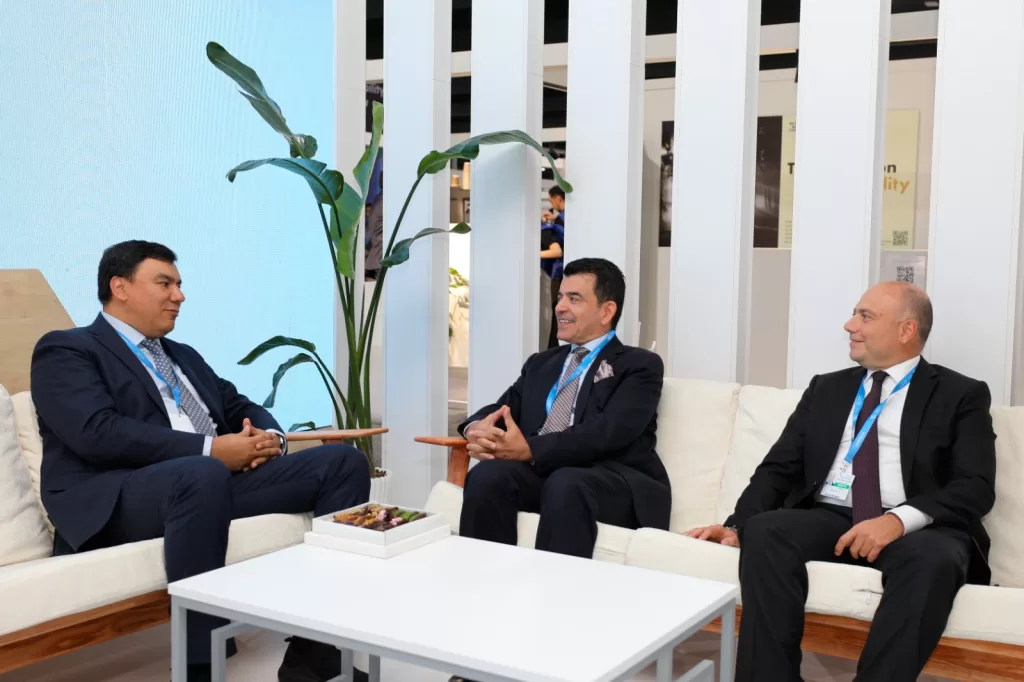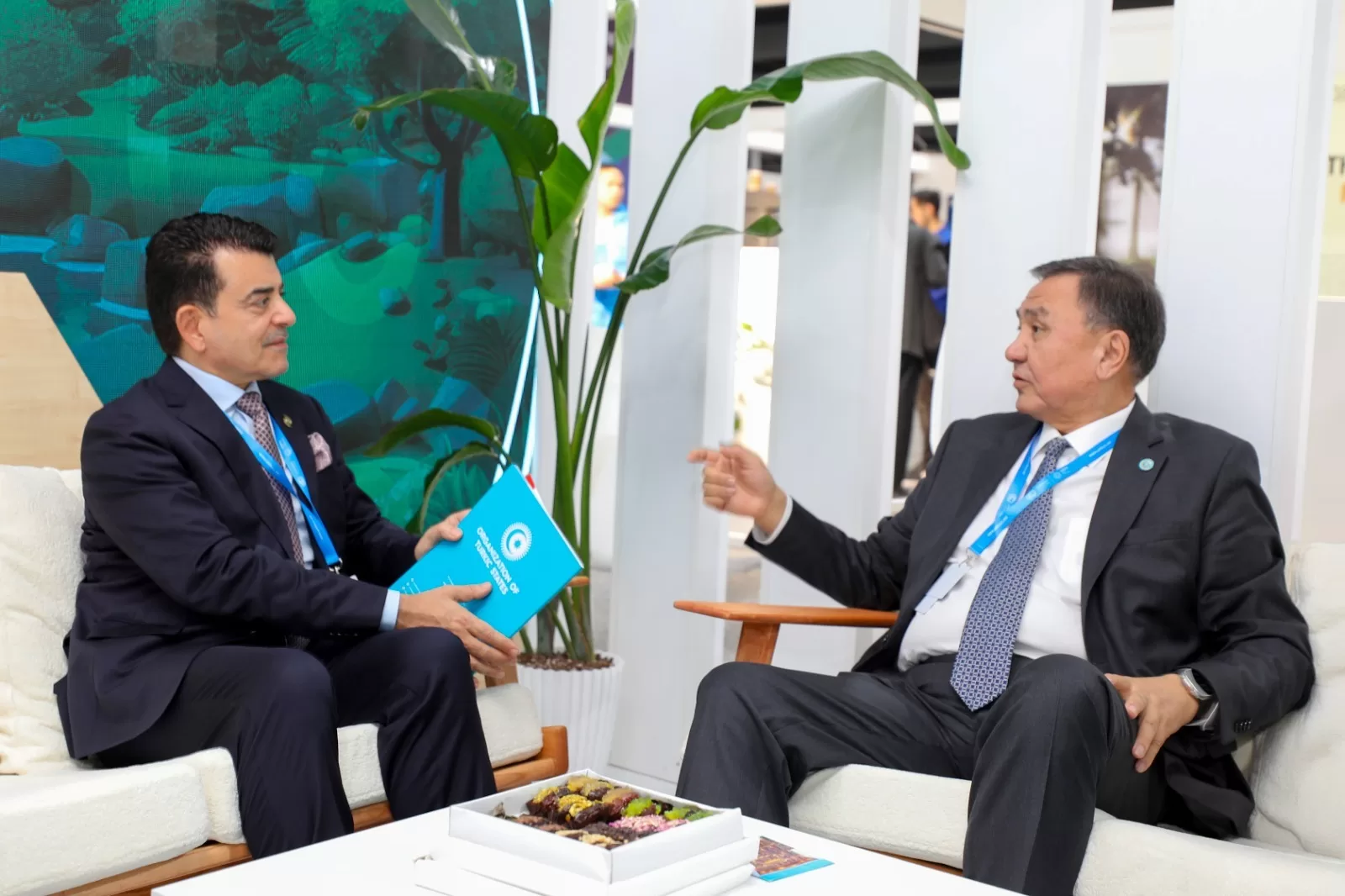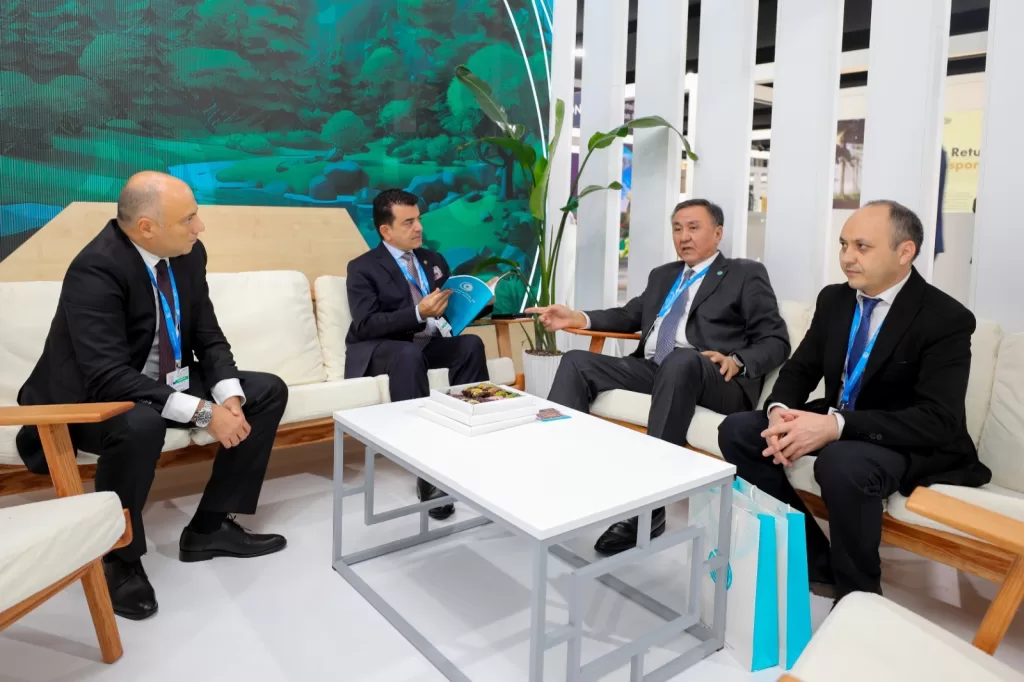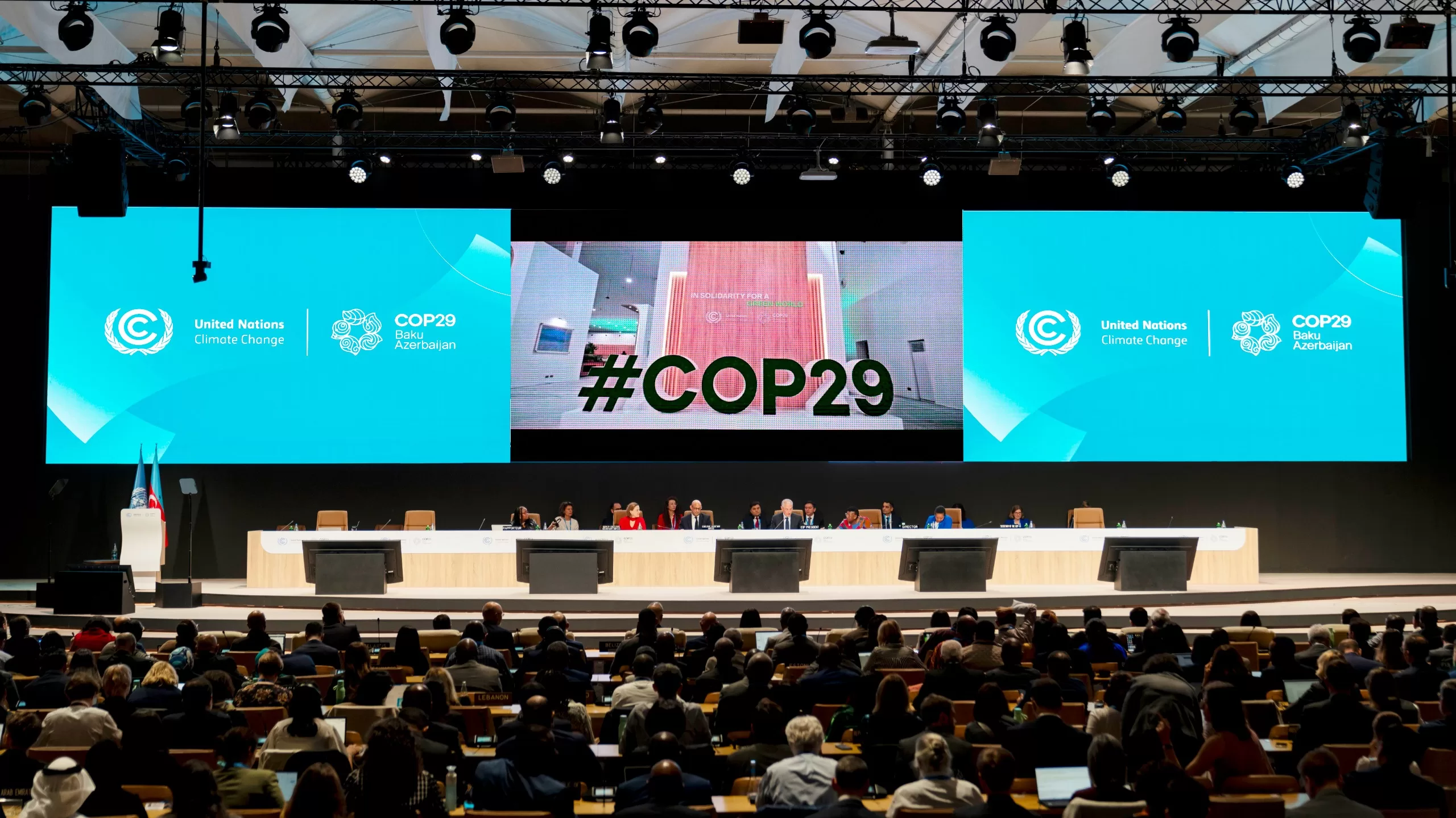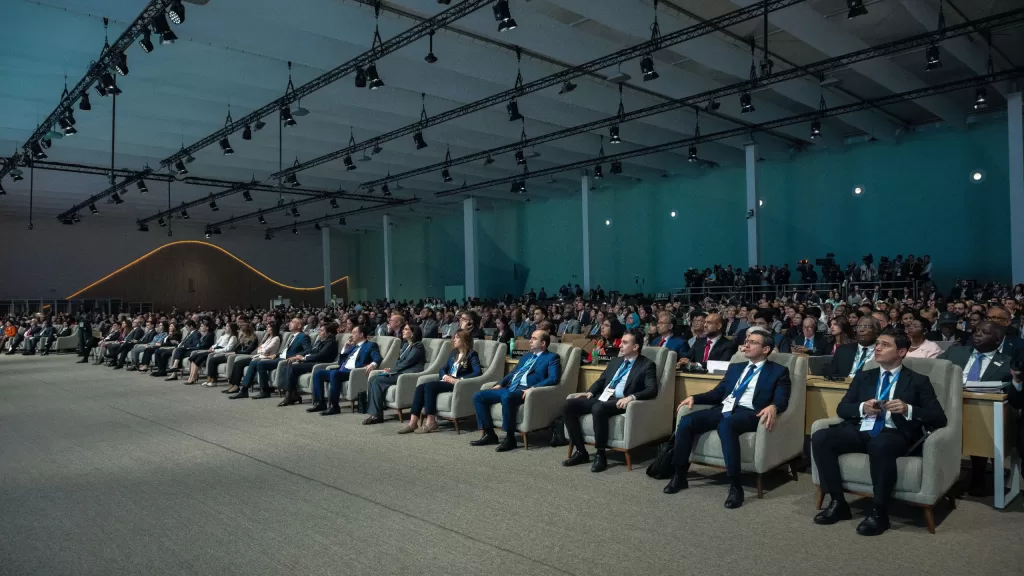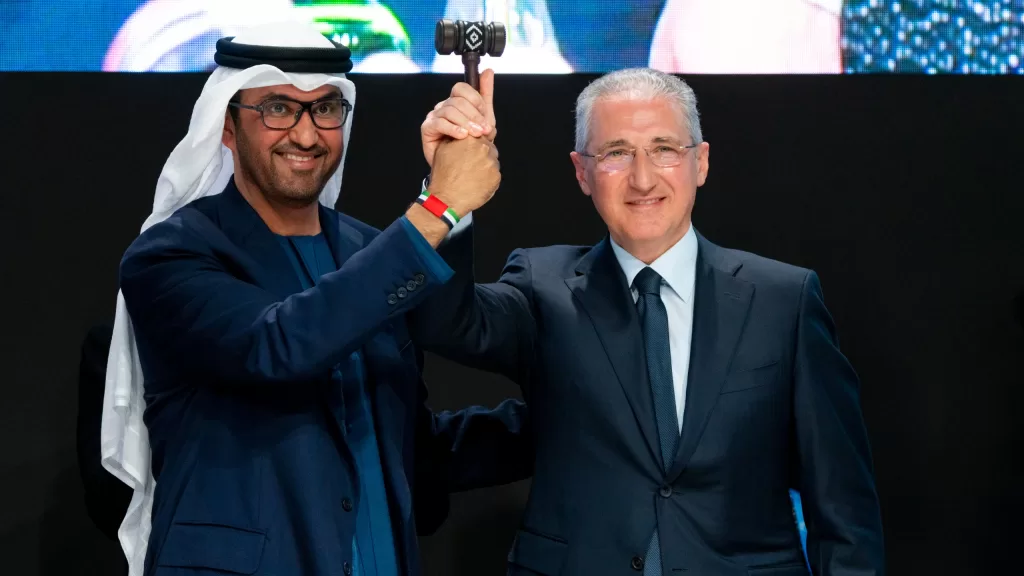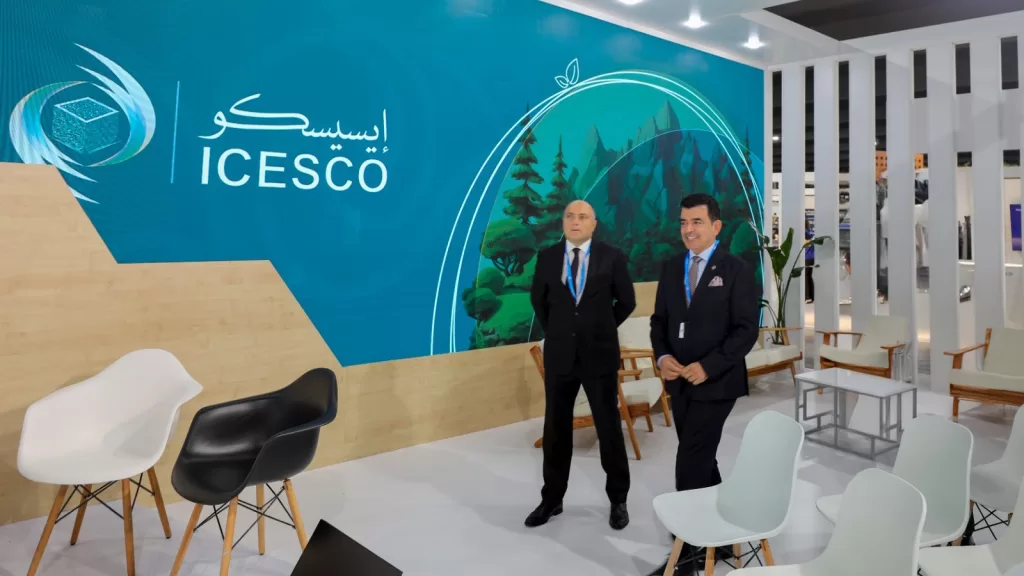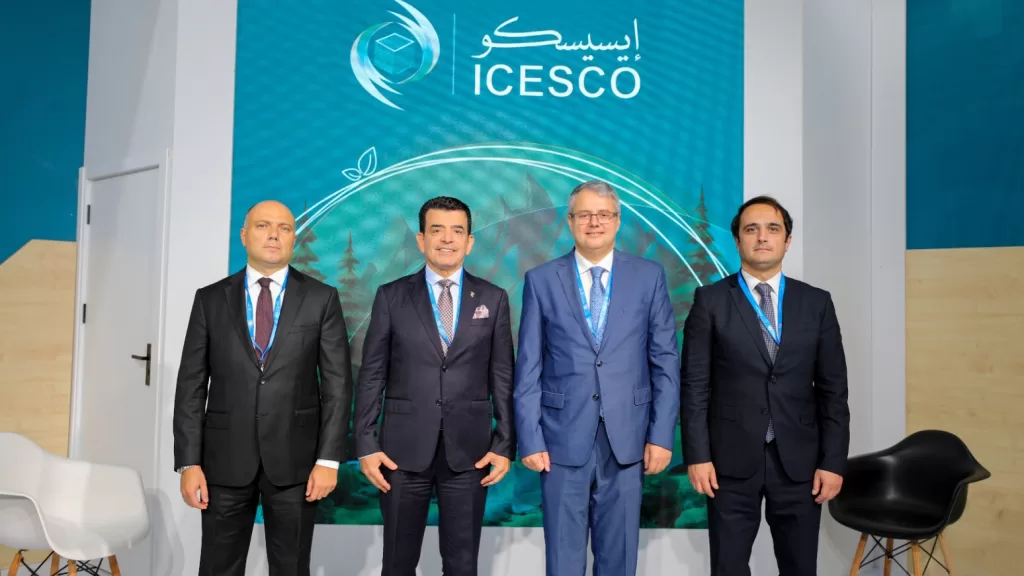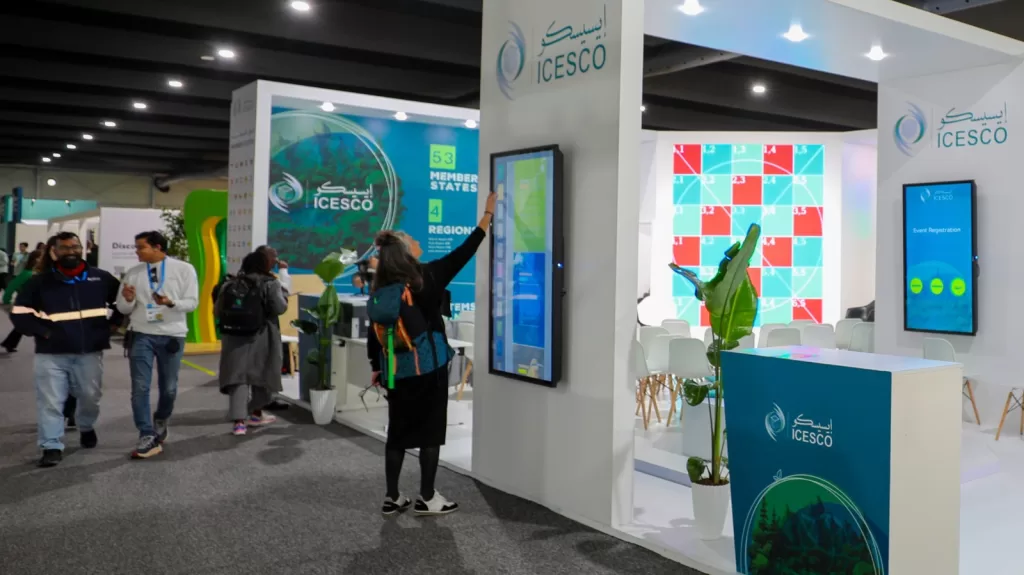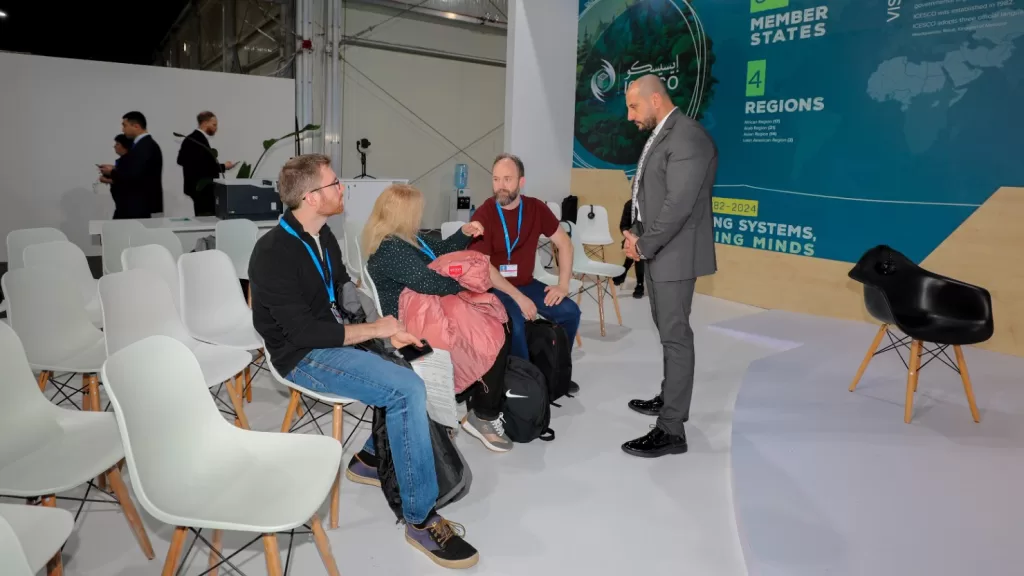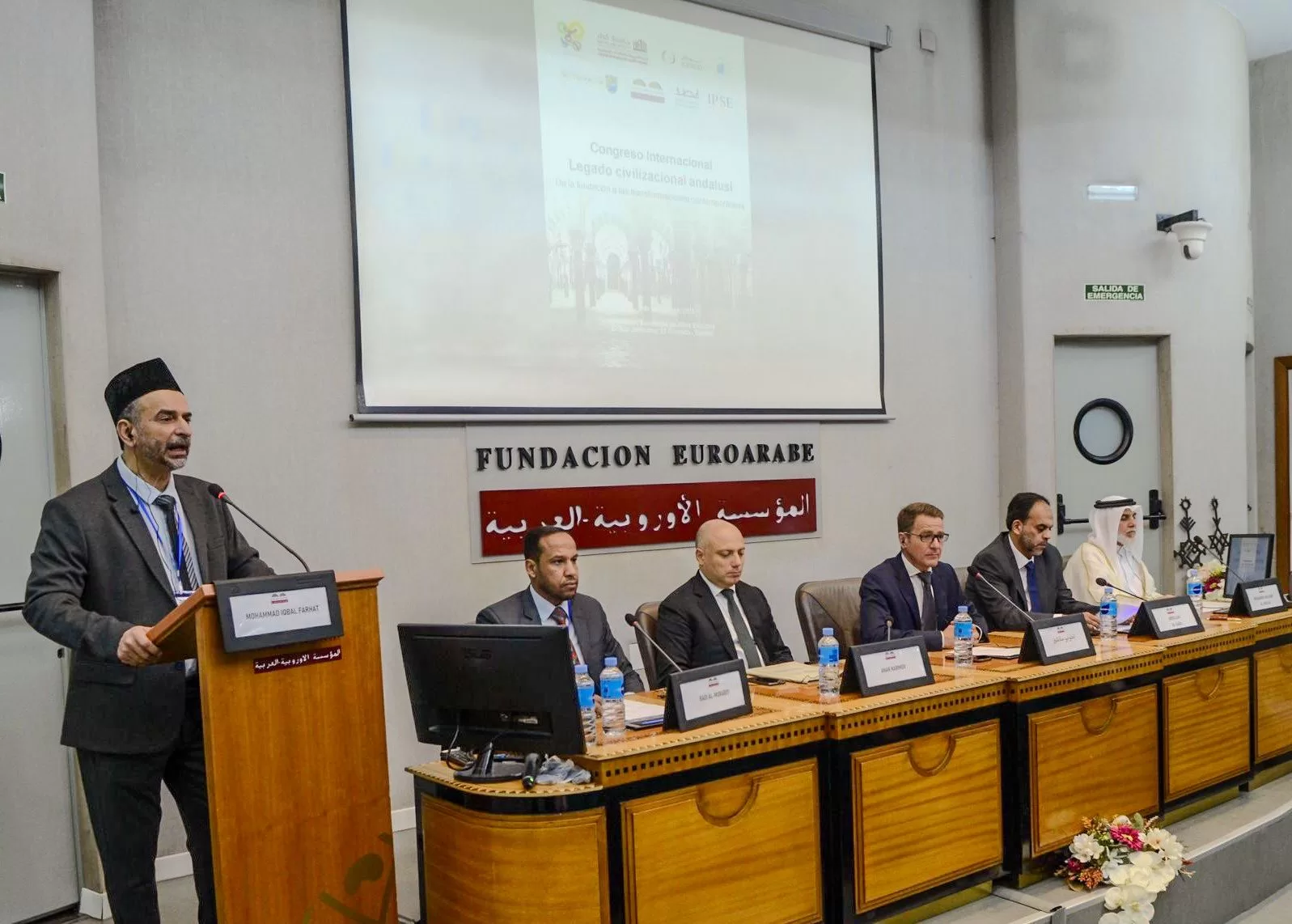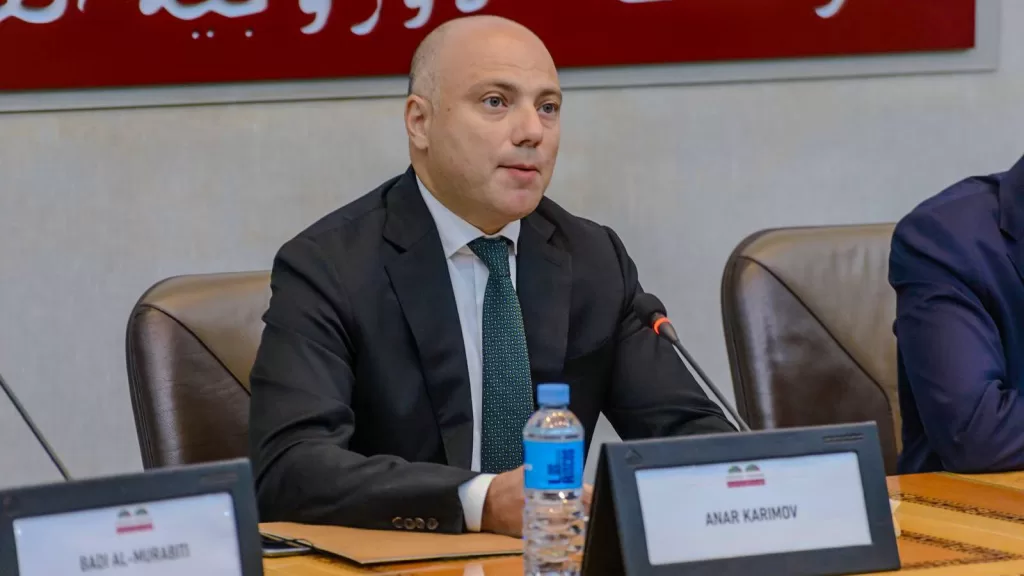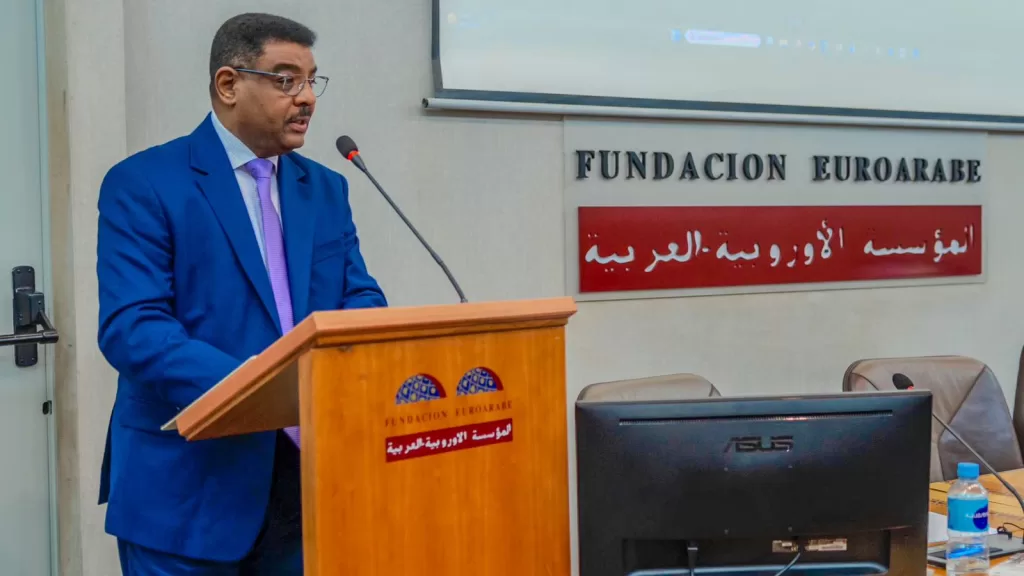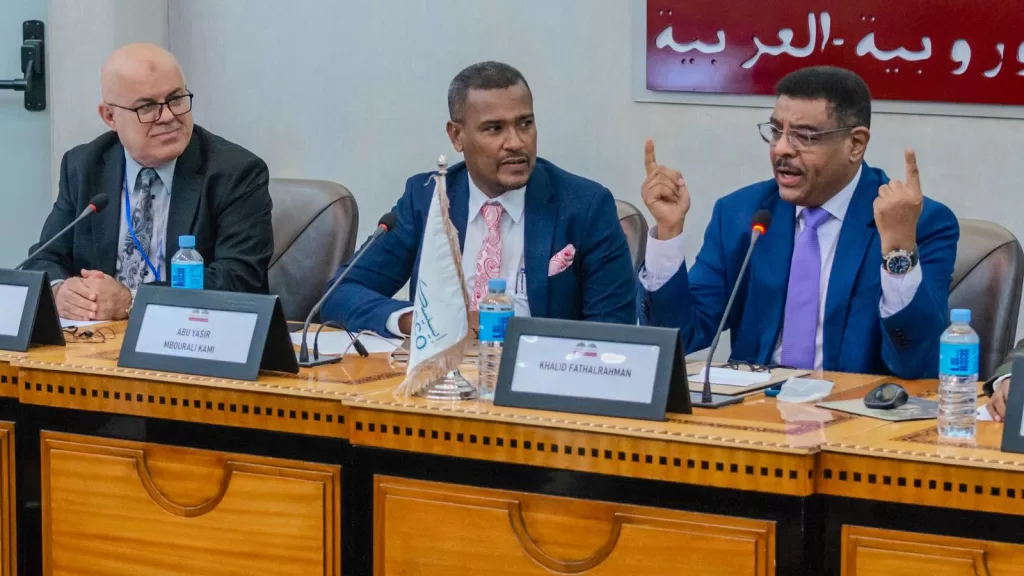Dr. Salim Al-Malik, Director-General of the Islamic World Educational, Scientific and Cultural Organization (ICESCO), attended a working session titled “Youth at the forefront of climate action”, held in the Green Zone at the Conference of the Parties to the United Nations Framework Convention on Climate Change (COP 29) , being held from November 11 to 22 in the capital of Azerbaijan, Baku, with the participation of Mrs. Mehriban Aliyeva, First Lady, First Vice President of the Republic of Azerbaijan, Ambassador of ICESCO for the good intentions, Mrs. Emine Gülbaran Erdoğan, the First Lady of the Republic of Türkiye, Mrs. Ziroat Mirziyoyeva, the First Lady of the Republic of Uzbekistan, Mrs. Aigul Japarova, the First Lady of the Republic of Kyrgyzstan, and representatives of a number of international organizations.
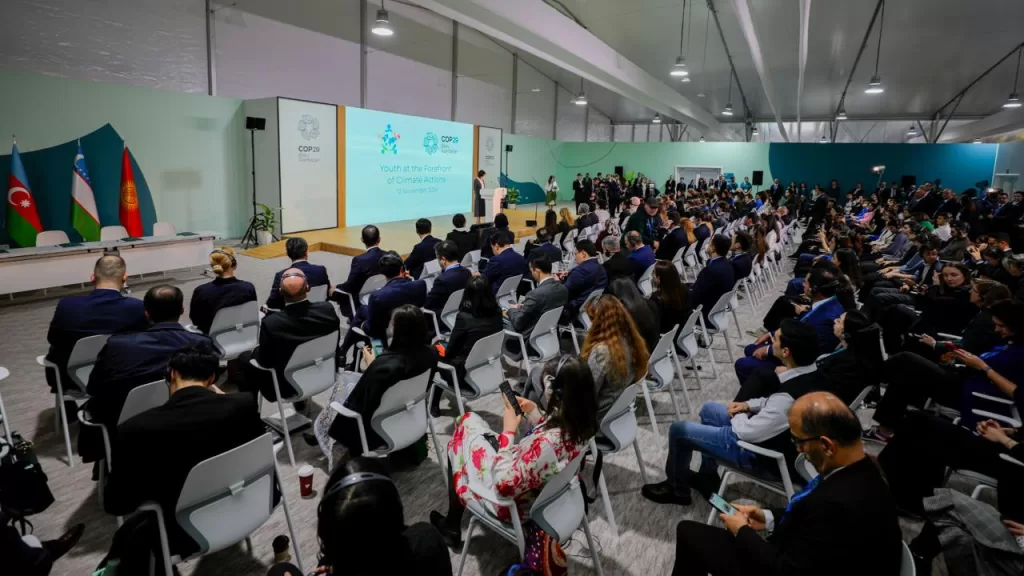
The session, which was held on Tuesday 12 November 2024, highlighted the needs of young people and their climate claims. It was also an opportunity for open discussions to make the voices of youth heard and promote their participation in the global climate agendas.
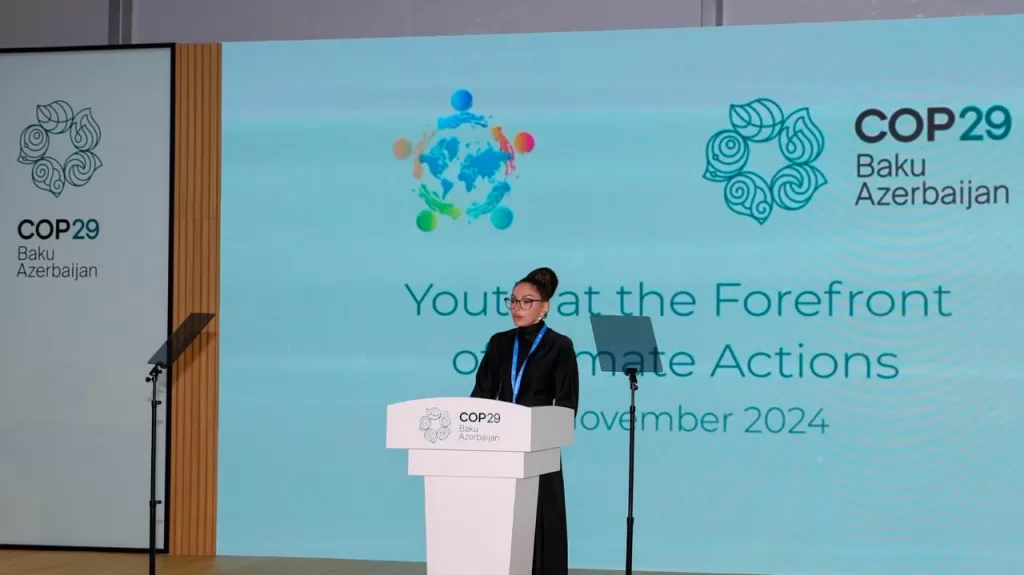
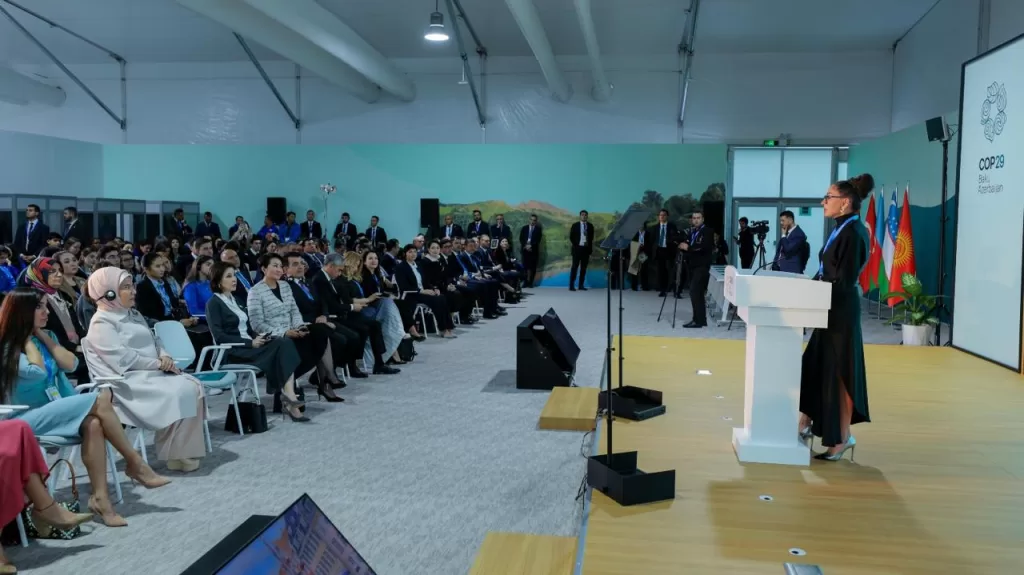
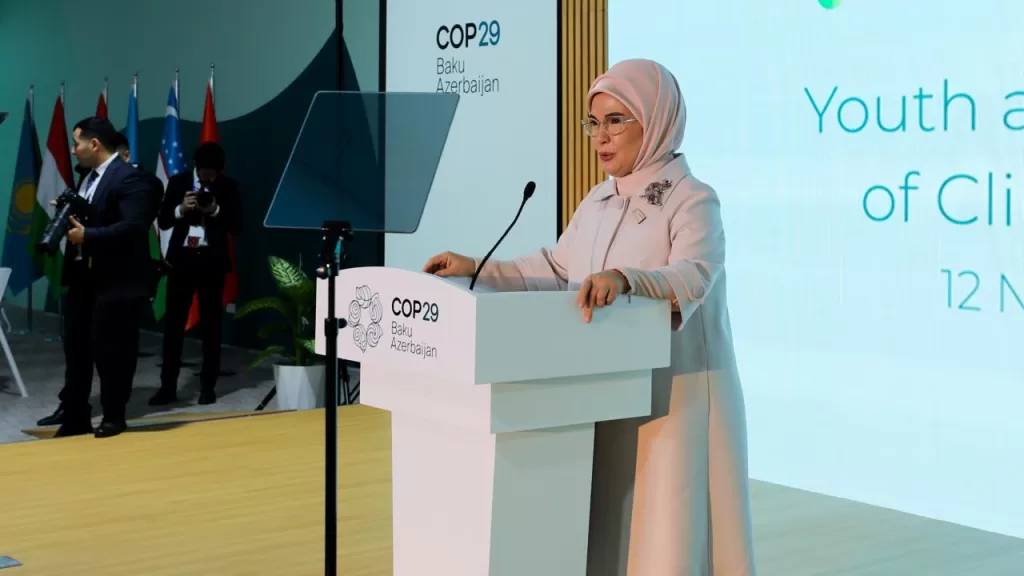
ICESCO’s participation in this event is part of the its approach to build the capacities of young people and upgrade their skills through the implementation of a number of initiatives, programs and activities, namely during ICESCO Year for Youth, which focuses on preparing youth for the professions of tomorrow, and to become entrepreneurs in the fields of technology, innovation and the environment. The most recent of such initiatives is the organization of a training camp for a group of young people from a number of countries in the Islamic world on climate leadership.
